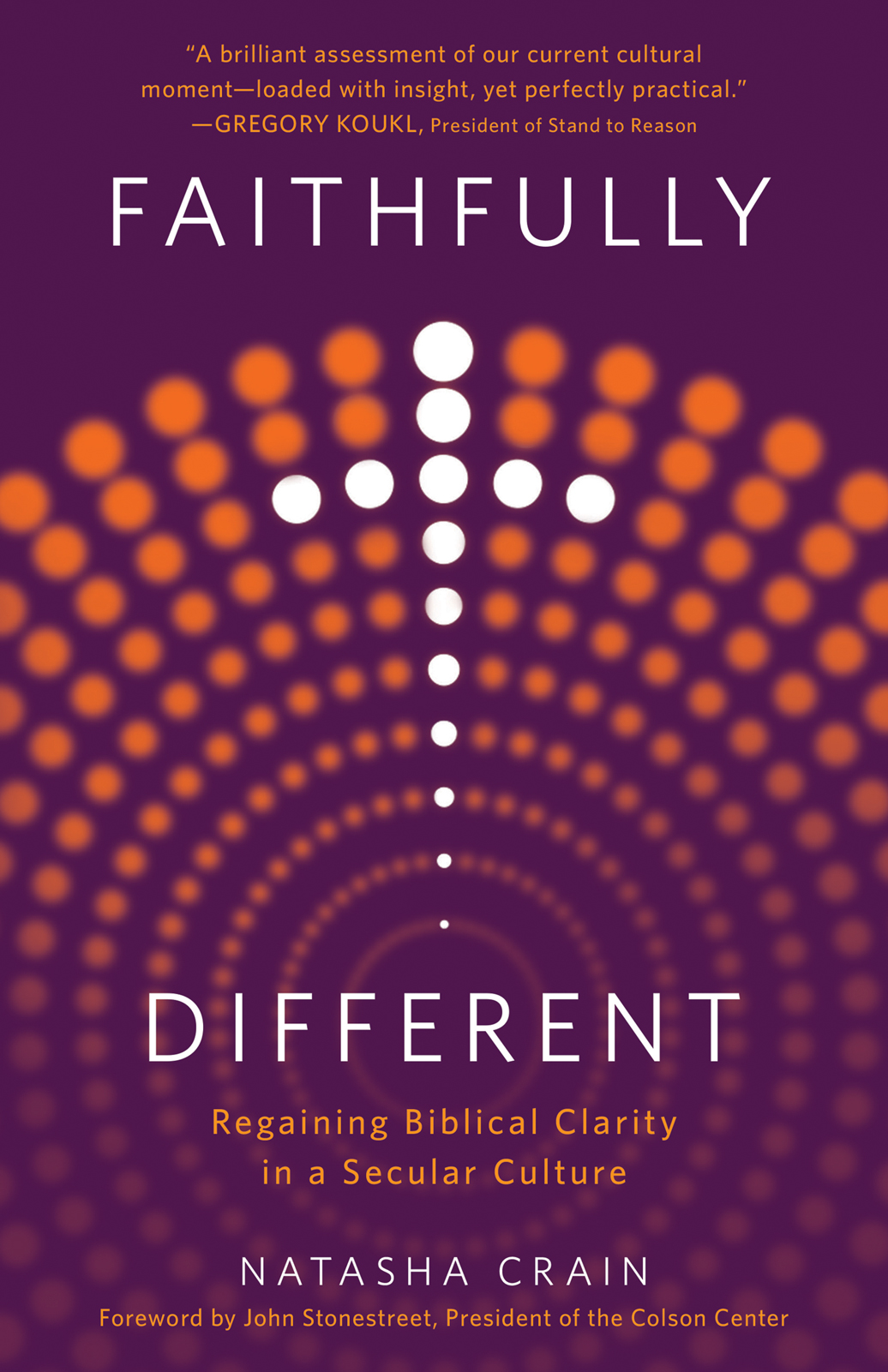
Sign Up for Updates
Connect
TOPICS
- Latest Blog
- Fiction
- Inspirational/Devotional
- Men's Christian Living
- Prophecy
- Women's Christian Living
- View All
ARCHIVES
The Secular View of Morality
Posted on Jan 19, 2022 Topic : Inspirational/Devotional, Men's Christian Living, Women's Christian Living
Posted by : Natasha Crain

Don't be fooled: Secularism is anything but neutral
The secular view of God and man boils down to the idea that we’re free to be who we want to be and do what we want to do because there’s no higher-than-human authority who’s given us specific information about or directives for our lives. It would logically follow, then, that a secular view of morality is one in which everything is relative to individual preferences, and nothing is right or wrong for all people. Interestingly, however, that’s not the functioning view of morality in secular culture today. Instead, our culture often believes it can and should determine what’s right and wrong for everyone based on the shifting sands of popular consensus. And if you disagree with that consensus, there will be no pat on the back for following your own heart. You can only follow your own heart if it leads you to the same conclusions about morality as everyone else.
It doesn’t take much to see that secular culture is anything but devoid of moral judgments, despite having no objective basis or authority for making them. Consider, for instance, organizations that exist explicitly to support secularism. These groups aren’t merely bringing irreligious people together for the worldview-neutral community that gardens together on Saturdays. They nearly always express the importance of promoting specific moral values. As one example, the collegiate Secular Student Alliance (SSA) says it “empowers secular students to proudly express their identity, build welcoming communities, promote secular values, and set a course for lifelong activism.”6 This statement assumes, of course, that there’s secular agreement on what good values are and that they’re worth fighting for over a lifetime. A quick look over the SSA website reveals that some of the organization’s values include keeping abortion legal, advocating for further political separation of church and state, promoting diverse sexual lifestyles, and planning events to highlight the supremacy of science and reason over faith (a false dichotomy, but we’ll get to that in chapter 4). Clearly, the SSA assumes that if you’re irreligious, you’ll agree that these are the good and important values to hold—even though there’s nothing about a secular worldview that would logically necessitate or even imply moral agreement. It just comes back to whatever is right according to today’s consensus.
As another example, consider the Satanic Temple. While that sounds like its own kind of religion, the Satanic Temple is actually an organization that exists to promote secularism. And like the SSA, they’re far from neutral in their moral judgments. Their tagline is “Empathy. Reason. Advocacy.”7 And they state that their mission is to “encourage benevolence and empathy, reject tyrannical authority, advocate practical common sense, oppose injustice, and undertake noble pursuits.” The Temple doesn’t leave the definition of these things to the imagination. Their website details the values they fight for, and they closely resemble those of the SSA. Ironically, however, they state, “A unifying attribute of all Satanists is the embrace of our outsider status. Satanists adhere to the principles of individual sovereignty.”8 Aside from the shock value of their name, there’s little that makes them an outsider to mainstream secular thought. As we’ve seen, the principle of “individual sovereignty” is ultimately what defines a secular world- view. The Satanic Temple might think they’re unique, but they’re just one of many organizations promoting the secular moral values upheld by popular consensus. The devil is in the details.
Of course, you don’t have to be an organization explicitly dedicated to secularism to promote the values of popular consensus. We’re constantly surrounded by the powerful influence of voices informing us of what is culturally acceptable to believe and think. We’ll look at that in detail in chapter 3. Suffice it to say for now that the secular moral consensus enjoys both implicit support and proactive promotion from nearly every angle of society.

Read more in Faithfully Different by Natasha Crain

